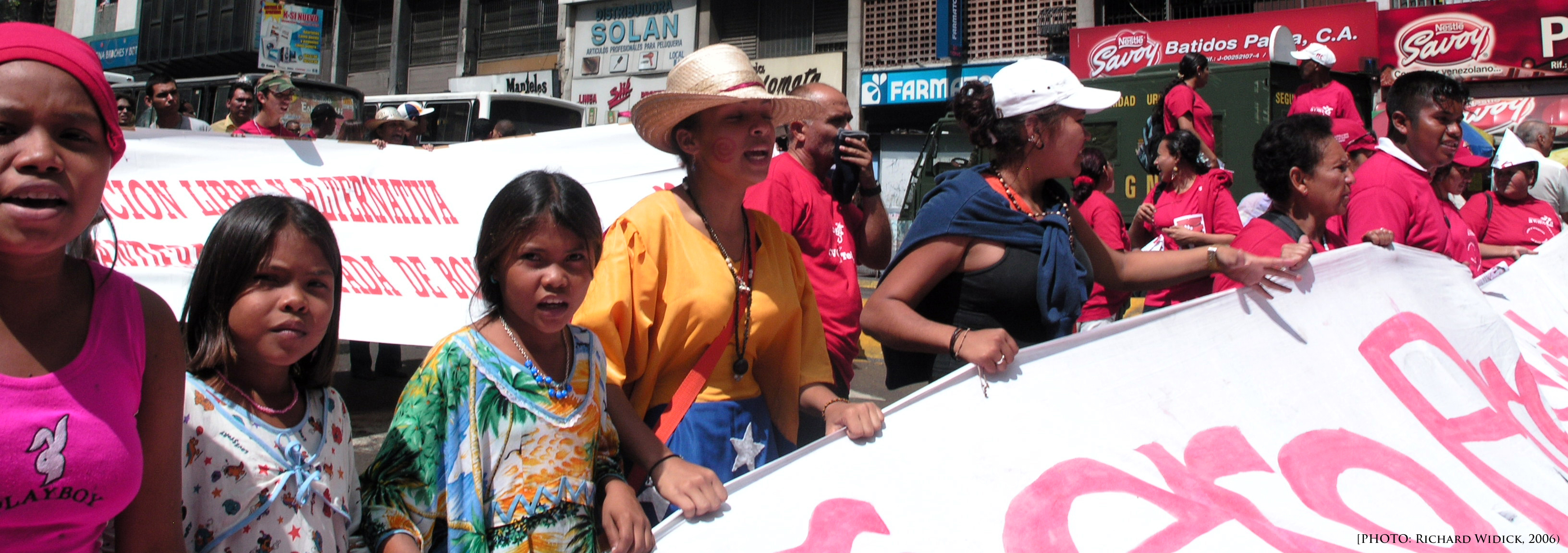INCLUSIVE ENVIRONMENTAL IDENTITIES
Amanda Baugh and Tori Derr
— co-curators —
The overwhelming nature of the climate crisis can lead students to feel powerless and to think that climate change is a problem for other people (e.g., experts and politicians) to solve.
A sense of powerlessness to make a difference can be compounded for students who come from underrepresented backgrounds or are the first in their families to attend college, because extant teaching resources can often perpetuate the myth that environmentalism is a movement for white elites.
Environmental studies faculty members, moreover, often identify as lifelong environmentalists, and may struggle to present course material that reflects the experiences of students from communities that do not identify with environmentalism.
This page offers resources for deliberately exploring identities in a way that can help students construct culture- and life-affirming views of themselves that are aligned with a wide range of ways of being in and supporting actions for the environment.
We offer sample assignments, an annotated bibliography, accounts of our own experiences with teaching environmentalism in highly diverse college classrooms, and examples of our students’ stories of what inclusive environmentalism might entail from their own perspectives.
MENU OF RESOURCES
FEATURED MEDIA RESOURCES
What Fosters Inclusive Environmental Identities? A Panel Discussion of ‘Insider’ and ‘Outsider’ Experiences, with Amanda Baugh, Tori Derr, Ana Gonzalez, and Isabel Romo-HernandezTori Derr (2019)
Details:
Tori Derr and Amanda Baugh published this talk on May 28, 2019 for the Next Earth teaching conference at UCSB.
Effective Science Communication: A Narrative Journey — Kasey Muñoz
Details:
Published by Kasey Muñoz on Jul 1, 2020

